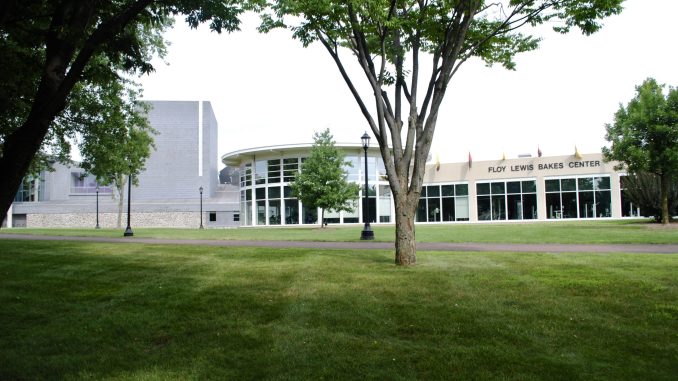
Jen Joseph
jejoseph@ursinus.edu
Reality TV has never had exceptional diversity or nuanced perspectives. One of the biggest reality TV franchises, ABC’s “The Bachelor,” has a monotonous history of white cis straight men and women all vying for attention in a game-ified version of love. There is no doubt that this arena of malcontented mid-twenty-somethings has been carefully curated. There have been no bachelors of color, and most contestants who are African-American end up getting booted rather early in their prospective shows.
“Bachelor in Paradise,” the show’s most recent spin-off, has decided to take some risks in the right direction. The show typically focuses on taking the less important, less hot individuals from the other “Bachelor” properties and sticking them on a beach in Mexico to see who can have the most sex. I kid – well, mostly. The show’s real objective is the same as the other two – to see if after a month any of these kooky kids want a permanent legally binding relationship with one another. It’s totally a healthy premise for a show!
But in a way, its looser flow and less rigid studio interference makes “BiP” feel a lot more bold than its Bachelor(ette) counterparts. This season recently featured its first queer couple in Demi, a recently out bisexual woman, and her girlfriend from home Kristian, who was invited on the show after Demi admitted her feelings for Kristian to her then-boyfriend Derek. The two ended up proposing to one another, and the relationship was looked upon favorably by the “Bachelor” fandom. Much of the marketing around this season heavily promoted this relationship as a sign of the Bachelor’s newfound wokeness. All is not right with the Bachelor Cinematic Universe, however. You see, for a while Bachelor Nation professed a desire to see Mike, a black contestant from Hannah’s season of the “Bachelorette” who was well-beloved by the fanbase, as the newest “Bachelor.” After several hints at the studio leaning in on Mike’s popularity, they ultimately decided to go with Peter, a white contestant from the same season who did not command the same audience adoration.
Most fans on Twitter seemed disappointed by the decision, and I could understand why. Time and time again, these studios will present this attitude of enlightenment and liberality to appeal to the younger generation, but will do so without taking the risks that would upset any older viewers. Any kind of progress with a brand as far-reaching as a reality TV popular as “The Bachelor” is bound to be slow and tedious. Yet, as much as I want to fully condemn ABC for all they have yet to do, I look into the lovestruck eyes of Demi and Kristian, and I hope against all reason that, as long as it may take and as contrived as it may feel, love can somehow find a way.
